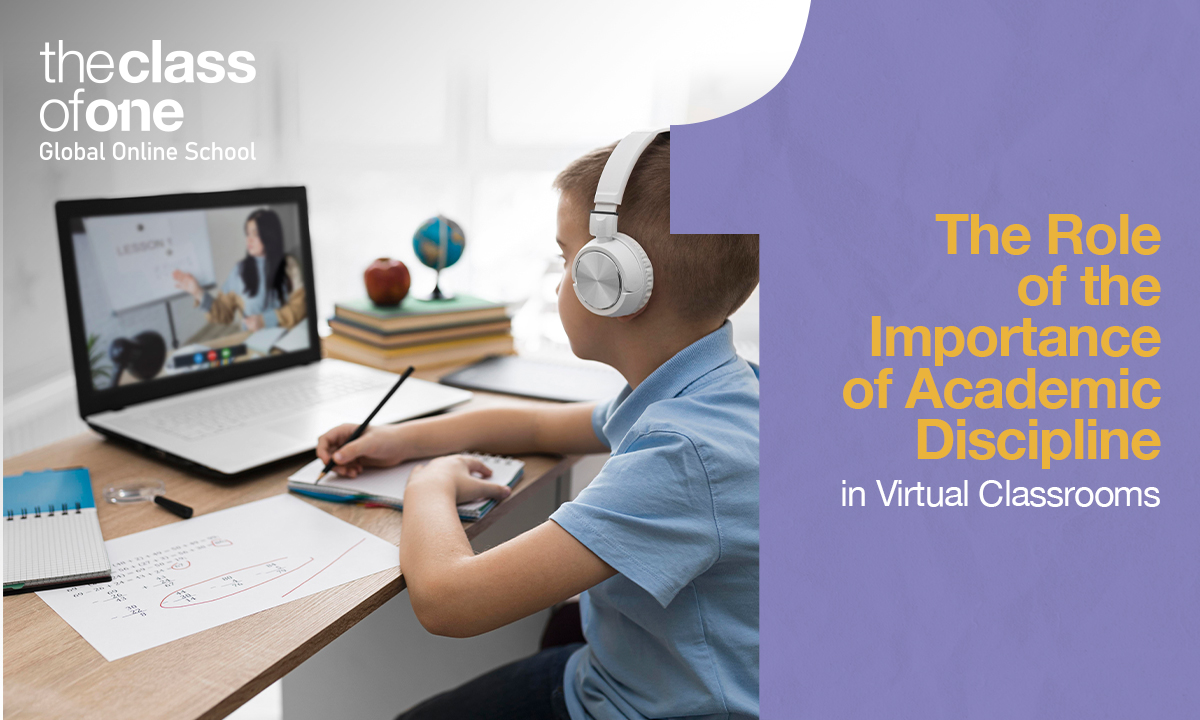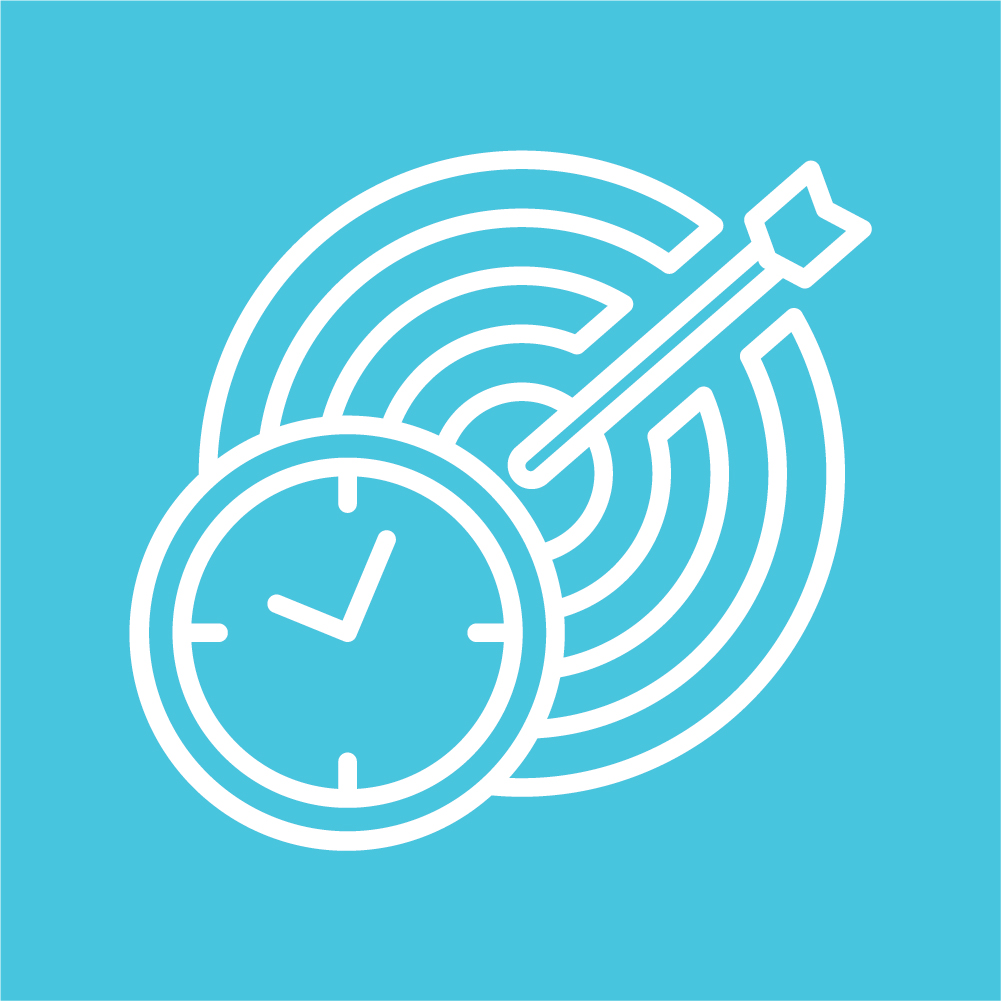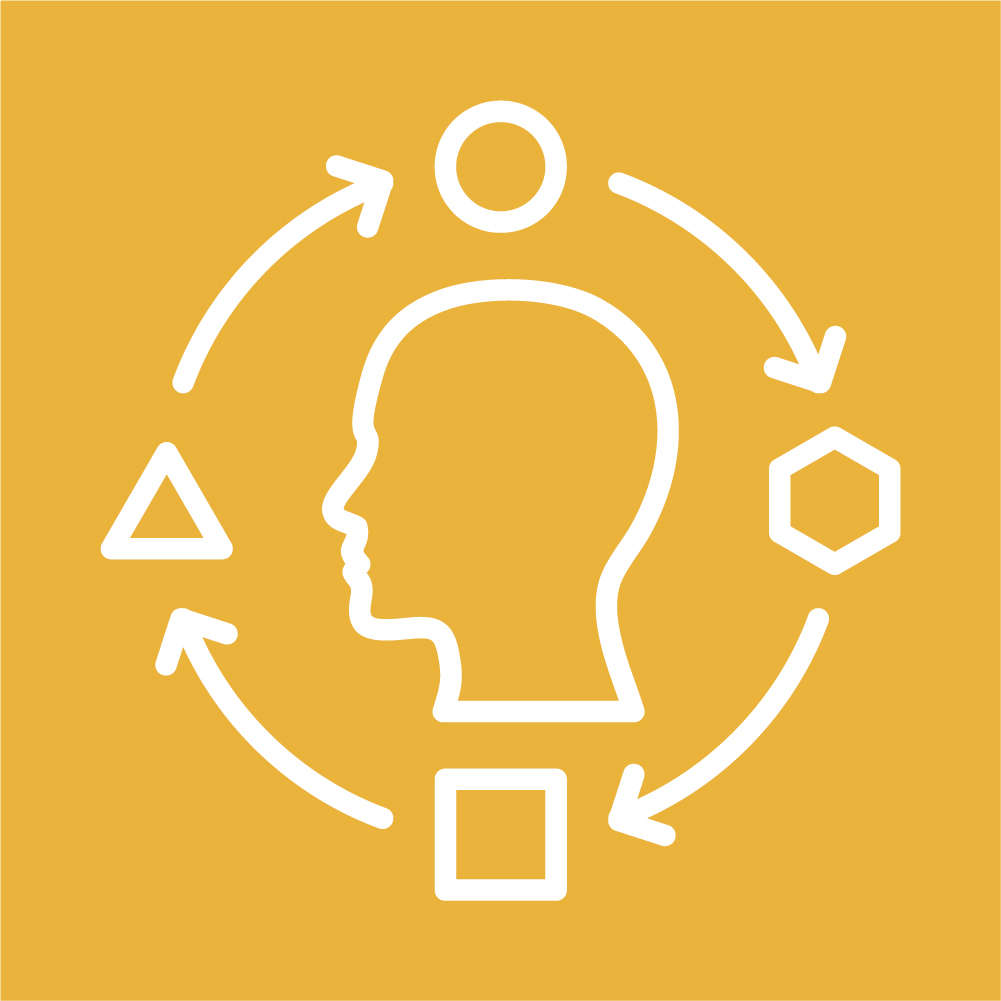
In recent years, there has been a growing recognition of the importance of academic discipline in shaping how learners interact with educational content, peers, and instructors online. As education continues to shift into digital spaces, many students find themselves engaging through a virtual classroom platform rather than a traditional brick-and-mortar setting. This transformation has not only changed the way knowledge is delivered and received but has also highlighted the critical role that structured routines and disciplined study habits play in ensuring meaningful learning experiences.
The concept of academic discipline extends beyond simple obedience to rules. It is about developing a consistent approach to learning, managing one’s time effectively, and creating an environment conducive to success. In the traditional classroom, teachers and physical surroundings often guide students towards a certain standard of behaviour. Yet, in online classes, much of this guidance must come from the learners themselves. With fewer visible boundaries and direct supervision, students must cultivate their sense of responsibility to meet deadlines, complete assignments, and participate actively in lessons.
The importance of academic discipline lies in its ability to help students maintain focus and resilience, even when faced with distractions at home. Good discipline in academics ensures that learners remain goal-oriented, resist procrastination, and value the quality of their work.
In an online environment, distractions abound. Social media notifications, family interruptions, and the lure of entertainment platforms can easily divert attention from learning. This is where the importance of academic discipline becomes even more pronounced. Students must learn to set boundaries, such as designating a quiet study space or establishing a fixed study schedule. By doing so, learners cultivate a mindset that prioritises their educational goals over short-lived distractions.
Academic discipline is not an abstract ideal; it is built upon specific, observable characteristics. Understanding these traits can guide students in developing their disciplined approach:
 Consistency:
Consistency:A disciplined student approaches their studies with regularity. They schedule their tasks, stick to deadlines, and make learning a habit rather than an occasional activity.
 Focus:
Focus:With myriad digital temptations, staying focused is key. Disciplined learners know when to switch off their phones or use website blockers to maintain concentration during study sessions.
 Self-Motivation:
Self-Motivation: Discipline flourishes when learners find personal reasons to excel. Rather than waiting for external rewards, they challenge themselves to reach new academic heights.
 Goal-Setting:
Goal-Setting:
Disciplined students set clear, realistic targets. By having a roadmap, they understand what needs to be accomplished and can work steadily towards achieving their objectives.
 Resilience:
Resilience:
Academic journeys are rarely smooth. Disciplined learners bounce back from setbacks, using failures as stepping stones rather than excuses.
It is often said that discipline shapes the future of a student, and this statement holds true, especially in the context of online learning. When learners consistently demonstrate discipline in academics, they are essentially equipping themselves with a set of skills that transcend the classroom. Time management, perseverance, and self-control become valuable assets in higher education, professional settings, and personal life.
By honing their capacity for self-discipline in online classes, students learn to adapt to diverse learning formats and swiftly changing technologies. They gain confidence in their ability to handle complex tasks independently and are more likely to emerge as responsible, adaptable individuals.
It is one thing to acknowledge the importance of academic discipline, but quite another to actively develop it. Parents, educators, and students themselves must take deliberate steps to cultivate such habits. Some approaches include:
Encouraging students to wake up at consistent times, plan study hours, and incorporate breaks ensures a balanced approach to learning. A predictable routine creates a sense of stability, reducing the likelihood of last-minute cramming.
Students should write down their academic objectives—be it mastering a concept or earning a certain grade—and break these goals into manageable tasks.
Students should regularly assess their progress and identify areas where they can improve. By doing so, they learn how discipline shapes the future of a student not just in theory, but in their own lived experiences.
Productivity apps, time-management tools, and note-taking software can help maintain focus in online classes. Students can also adopt “study buddy” arrangements or join online study groups for mutual accountability.
While writing about discipline in academics, it is essential to consider the moral and behavioural aspects. By forming good habits of students early, learners anchor their academic progress in behaviours that will serve them well throughout their lives.
The virtual classroom environment offers several unique advantages—flexibility in scheduling, access to a global community of learners, and the potential for personalised learning paths. However, these benefits come with increased autonomy and, subsequently, a greater need for self-regulation.
Learners who embrace the importance of academic discipline in a virtual classroom can transform these spaces into powerful platforms for growth. They will not only complete assignments on time but also engage more deeply with the material, ask meaningful questions, and seek out additional resources.
Building academic discipline does not happen overnight. It requires patience, perseverance, and the willingness to push through discomfort. Some common challenges and solutions include:
To tackle procrastination, students can set small, immediate goals that lead to larger achievements. For instance, spending just ten minutes studying may reduce the resistance to starting at all.
Students who struggle with motivation might revisit their long-term goals and remind themselves how discipline shapes the future of a student. Understanding the big-picture value of their efforts can reignite their drive.
Creating a dedicated learning space free from clutter and noise can help learners maintain focus. Family members can support by respecting these boundaries, ensuring the student’s study time remains uninterrupted.
Without regular in-person reminders, students may feel lost. Seeking help from online tutors, attending virtual office hours, or participating in discussion forums can provide the support they need.
While the immediate reward of practising academic discipline might be improved test scores, the long-term benefits are far more profound. A disciplined approach in a virtual classroom setting cultivates independent thinking, critical analysis, and the capacity to learn new skills swiftly. These are good qualities that employers and universities value highly.
As students progress in life, the discipline they honed during their academic years will serve as a foundation for handling stress, setting priorities, and meeting professional responsibilities. The understanding of how discipline shapes the future of a student is thus not just academic theory—it is the cornerstone of a successful and fulfilling life.
In today’s ever-evolving digital learning world, the importance of academic discipline goes far beyond maintaining good grades—it is the defining factor that sets successful learners apart. At The Class of One, we believe that when students embrace discipline in academics, they do not just become more focused and resilient; they learn how to excel in a flexible, online environment. By building strong study habits and a growth mindset, our learners are not simply prepared for their current lessons; they are equipped to overcome obstacles in higher education and thrive in any future endeavour.
Not all online schools are created equal, and at The Class of One, we are proud to do things differently. We combine personalised support and thoughtfully structured learning paths with a student-centred approach designed to foster self-improvement.